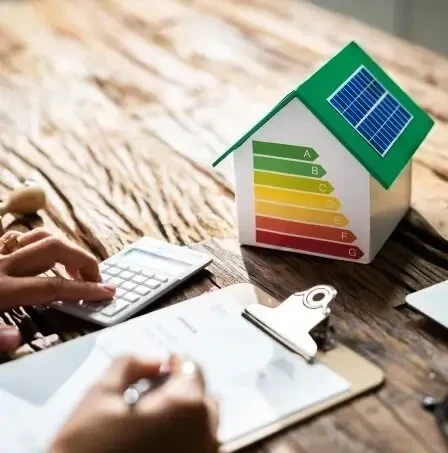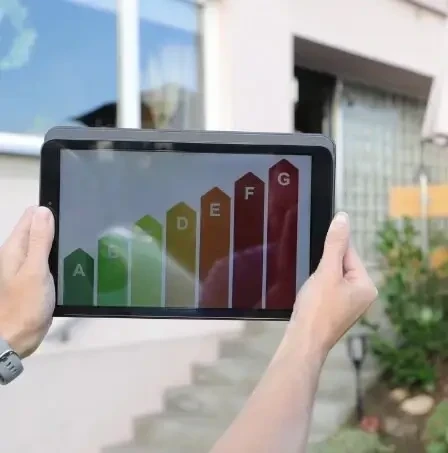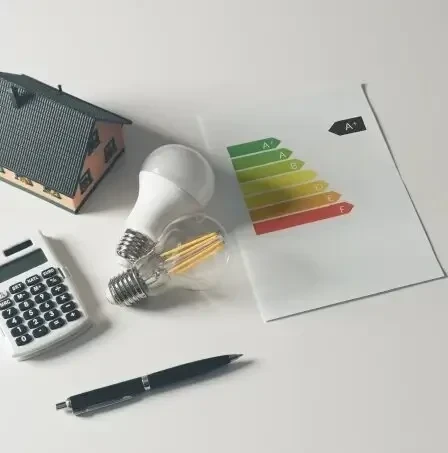If you are looking to improve your home's EPC rating you may be considering alternative methods of generating electricity. Perhaps the best-known alternative generation method is solar power. Solar power harnesses the limitless, free energy from the sun by using solar panels, typically fixed to the roof of a home or business. These panels do not produce any harmful emissions and they are generally quite affordable. Still, many home and business owners have resisted installing solar panels because they doubt their ability to perform as advertised. But are those doubts well-founded? In this brief guide, we'll look at the question of solar panel efficiency in 2023.
Factors That Influence Solar Panel Efficiency
Let’s answer the question of solar panel efficiency before we go any further:
22.8% is actually quite good. But it still begs the question Why don't solar panels convert 100% of incoming sunlight into electricity? The truth is, there are a number of factors that affect solar panel efficiency. In no particular order, they are:
Visible light makes up the majority of the light used by solar panels. Less expensive solar panels will rely almost exclusively on visible light to generate electricity. While more sophisticated panels will also leverage UV light and/or infrared light to ramp up voltage output and increase efficiency.
As a general rule the hotter the solar panel gets the less efficient it gets. Not that efficiency drops off a cliff, but there are measurable declines in efficiency as the temperature on and around the solar panels increases. Optimal performance generally requires a sunny, cool day.
With single family homes, the roof often spends a good part of the day being shaded by trees. This will obviously affect solar panel efficiency. But even if you own a 10-storey apartment block you are not necessarily free and clear because in urban areas skyscrapers can cast long, wide shadows over other buildings for hours at a time.

During the summer months, most parts of the UK enjoy more than 16 hours of sunlight per day. And the sun is also high in the sky, shining directly down on the solar panels. During December there are many days with less than 8 hours of sunlight, and the sun is low on the horizon.
Trying to determine the optimal placement and angle of solar panels can be a challenge. But it’s important to get it right. You certainly want your solar panels to capture the largest amount of sunlight possible during the summer. But the installation angle is even more important during the winter, when the sun spends much of the day low in the sky.
Solar panel efficiency drops noticeably if they are dirty, dusty and covered in bird droppings. Likewise, solar panels won’t be much good if they’re covered with a blanket of snow. If you want to ensure your panels are always producing as much electricity as possible, keep them clean.
Some solar panels reflect more light than others. The more light that is reflected the less efficient the solar panel will be.
Like any other type of machine, a solar panel will degrade over time and become less efficient. Even if you are scrupulous regarding maintenance, wear and tear will inevitably take their toll on efficiency.

Contact Energy Performance Certificates Today
There is no such thing as a solar panel that is 100% efficient. But they can still be a viable way to reduce your dependence on energy produced from fossil fuels, coal or nuclear power while improving your EPC rating in the process. To learn more or to arrange for an EPC assessment of your private or commercial rental property call Energy Performance Certificates today on 0203 397 8220 or complete our online form.
